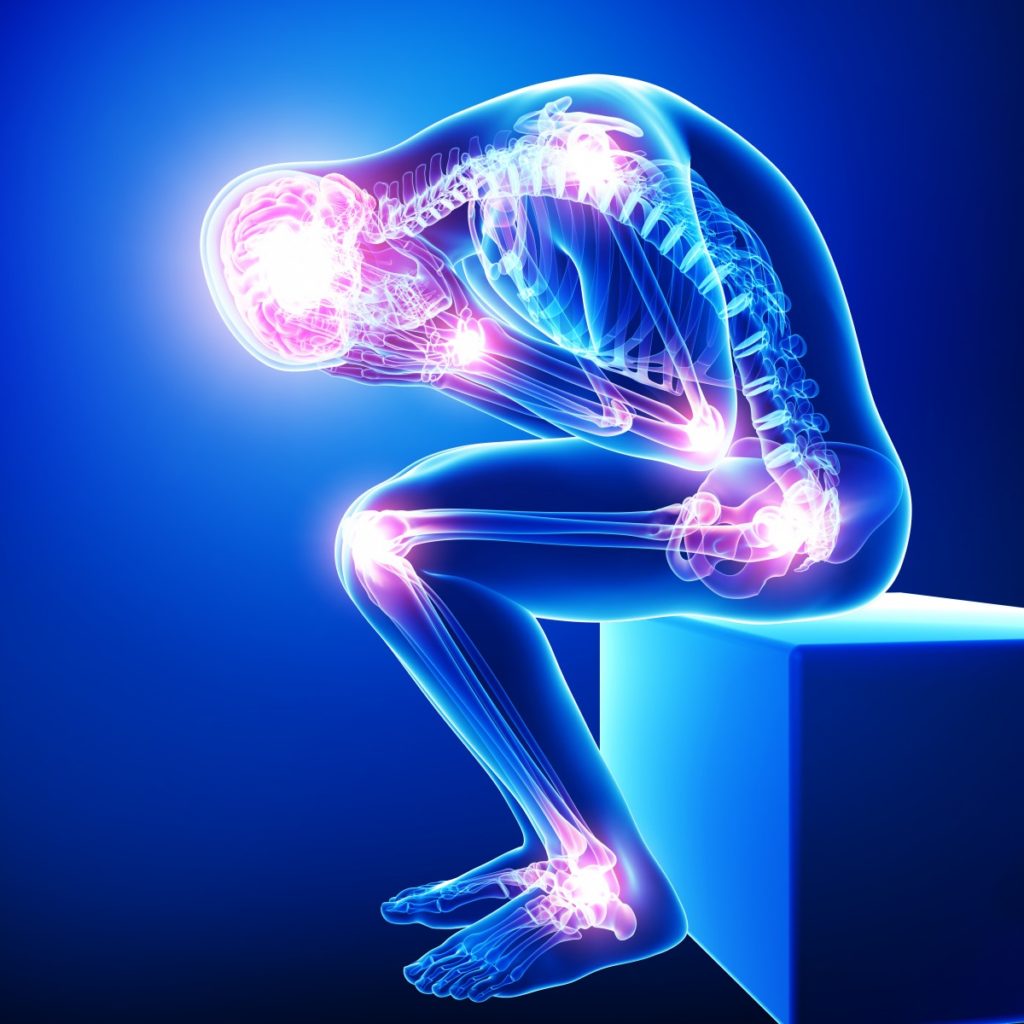A key component of holistic pain management is managing pain without turning to drugs. This article emphasizes the value of developing good coping mechanisms for people with chronic pain by examining the symptoms connected to pain, outlining practical treatment options, and exploring the function of meditation as a drug-free coping technique.
Signs and the Difficulty of Drug-Free Coping:
There is a wide range of symptoms that frequently accompany chronic pain, such as ongoing discomfort, exhaustion, and psychological distress. The difficulty is in treating these symptoms without turning to drugs that carry the risk of addiction or dependence. Adopting substance-free coping mechanisms becomes crucial for people looking for a well-rounded, long-term solution to pain management that also preserves general wellbeing.
Effective Methods of Therapy:
Developing effective pain management techniques requires a multifaceted approach. Pharmacological therapies can involve anti-inflammatory drugs, non-opioid medicines, or non-opioid painkillers. Complete treatment programs that address the mental and physical components of chronic pain include physical therapy, cognitive-behavioral therapy (CBT), and lifestyle changes. A balanced diet, consistent exercise, and good sleep hygiene are all essential elements of substance-free coping that support resilience and general health.
Using Meditation as a Drug-Free Coping Strategy:
For those with chronic pain, mindfulness meditation in particular is showing promise as a potent drug-free coping technique. Cultivating a nonjudgmental awareness of the present moment is the practice of mindfulness, which provides a means of stress management, pain reduction, and emotional well-being enhancement. Mindful breathing and body scan meditations are two examples of meditation techniques that help people develop resilience and cultivate a more positive outlook when dealing with chronic pain. By incorporating meditation into regular activities, people can improve their overall quality of life and cope in a sustainable and drug-free manner, focusing on self-empowerment.
Signs and the Difficulty of Drug-Free Coping:
Numerous symptoms accompany chronic pain, making it a challenging experience that people must manage without turning to drugs. A comprehensive approach to pain treatment is required because of the obstacles posed by ongoing discomfort, exhaustion, and emotional suffering. It becomes essential for people to develop substance-free coping mechanisms if they want to treat their symptoms without running the risk of using drugs. Understanding the distinctive characteristics of chronic pain symptoms emphasizes how critical it is to create pain management plans that are both wholesome and long-lasting.
Effective Methods of Therapy:
Beyond substance abuse, comprehensive and multifaceted treatment approaches are necessary for chronic pain management. To address physical symptoms, pharmacological interventions may use non-opioid pharmaceuticals, anti-inflammatory agents, or alternate methods of pain reduction. Tools for treating the emotional toll of chronic pain are provided by psychological interventions like cognitive behavioral therapy (CBT). A balanced diet, consistent exercise, and good sleep hygiene are examples of lifestyle changes that promote resilience and general well-being. By using these techniques, people can lay the groundwork for substance-free coping, which encourages a more wholesome and long-lasting method of treating chronic pain.
Using Meditation as a Drug-Free Coping Strategy:
For those with chronic pain, meditation—especially mindfulness meditation—stands out as an effective, drug-free coping technique. Developing a nonjudgmental awareness of the present moment is the practice of mindfulness, which is a useful tool for stress management, pain reduction, and emotional wellbeing enhancement. Mindful breathing and body scan meditations are two examples of meditation techniques that help people develop resilience and cultivate a more positive outlook when dealing with chronic pain. Incorporating meditation into everyday activities emphasizes self-empowerment, promotes sustainability, and improves general quality of life without the use of drugs. Accepting meditation as a vital component of their tools for managing pain helps people develop a resilient mindset, which lessens dependency on drugs and encourages a comprehensive and well-rounded approach to chronic pain.

